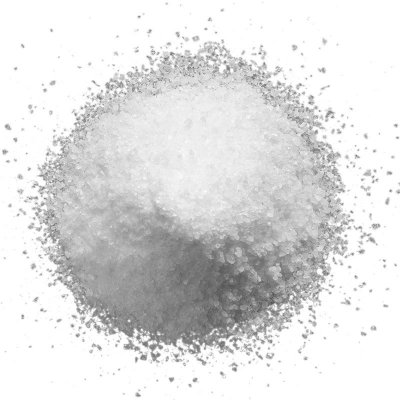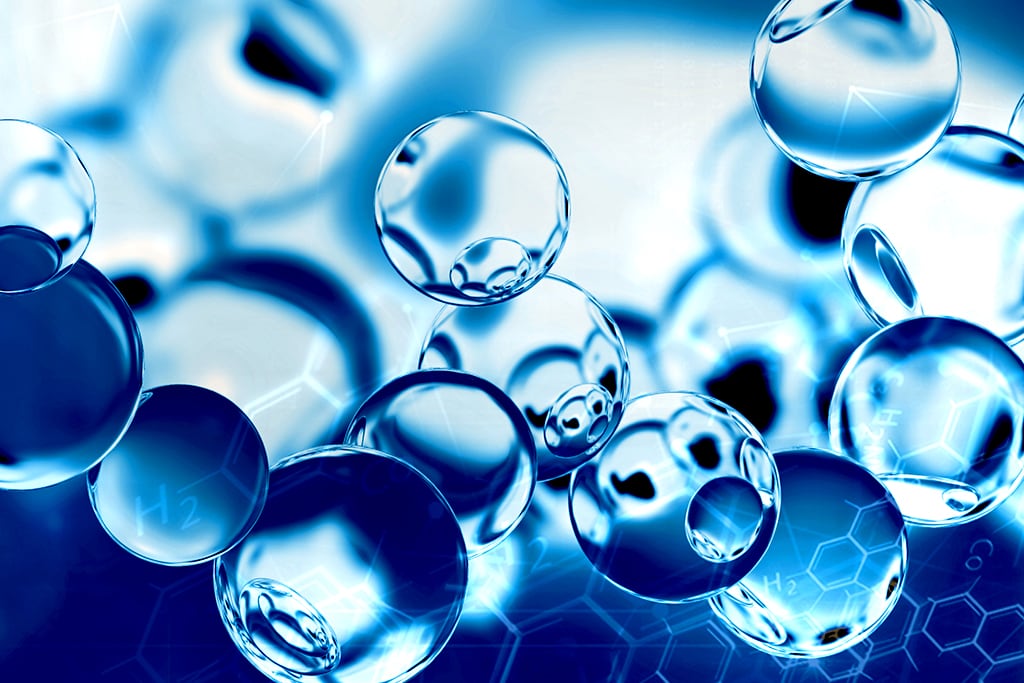How Defoamers Can Save Time and Money in Industrial Production
How Defoamers Can Save Time and Money in Industrial Production
Blog Article
The Role of Defoamers in Enhancing Product Top Quality and Performance
In numerous making processes, the visibility of foam can dramatically impede product high quality and operational efficiency. Defoamers offer as important additives that mitigate this problem, making certain smoother production workflows while improving the aesthetic and practical qualities of the end products (defoamers). Their application spans a wide variety of sectors, from food and beverage to drugs, where consistency and integrity are extremely important. Nevertheless, the option of the appropriate defoamer can be crucial to accomplishing ideal outcomes, raising vital concerns about solution compatibility and efficiency metrics that warrant additional expedition.
Comprehending Defoamers
Understanding the duty of defoamers is vital for preserving item top quality throughout numerous industries. Defoamers are chemical additives made to minimize and protect against the formation of foam in fluid systems, which can negatively impact processes such as mixing, filling up, and surface area tension. Frothing can lead to inadequacies, item issues, and jeopardized aesthetic appeal, making defoamers a crucial element in making procedures.
In commercial applications, defoamers aid to improve item consistency and security. In the paint and layers industry, foam can interfere with the application procedure and the last coating. In food and drink production, too much foam can prevent bottling and packaging performance. The reliable use defoamers not only makes certain smoother production procedures however likewise contributes to superior product efficiency.
Moreover, the selection and formula of a defoamer must straighten with particular application demands, such as compatibility with other components, effectiveness under differing temperature level and pH problems, and prospective regulatory restrictions. Inevitably, understanding defoamers' features and their importance in various formulas is critical for enhancing manufacturing and guaranteeing the highest high quality final product.
Kinds Of Defoamers
Defoamers can be categorized into numerous types based upon their make-up and mechanism of action. The key types include silicone-based, non-silicone organic, and inorganic defoamers.
Silicone-based defoamers are among one of the most effective, largely due to their ability to spread out promptly on the fluid surface and interfere with foam development. Their distinct chemical framework permits for remarkable stability, making them appropriate for high-temperature applications and atmospheres with differing pH levels.
Non-silicone natural defoamers, often made up of natural oils or fatty acids, are valued for their biodegradability and reduced toxicity. These are commonly utilized in food and drink applications where security and environmental effect are critical.
Not natural defoamers, that include compounds like talc or calcium carbonate, act by boosting the thickness of the fluid, thereby reducing foam stability. They are frequently used in industrial procedures where compatibility with various other materials is not a problem.
Each kind of defoamer has unique benefits and constraints, enabling for customized remedies relying on the certain foaming concerns come across in various applications. Understanding these distinctions is critical for enhancing performance and achieving wanted item top quality.
Applications Across Industries
Many markets take advantage of defoamers to boost product high quality and functional efficiency. In the food and drink market, defoamers are crucial in processes such as developing and milk manufacturing to stop foam formation, which can cause inefficiencies and product variance. By regulating foam, makers can make certain better yield and a more uniform item.
In the pharmaceutical sector, defoamers play an important role in the formulation of fluid medicines, where too much foam can hamper mixing and accurate application. Their usage assists keep the integrity of the formulations and assists in smoother production procedures.
The paint and coverings market also counts on defoamers to enhance the performance of items throughout application. By lessening foam, these ingredients make sure article source a smoother surface and improve the aesthetic qualities of the last item.

Benefits of Using Defoamers
While the application of defoamers varies across markets, their advantages continually improve product top quality and procedure efficiency. One significant advantage read more is the reduction of foam development throughout manufacturing procedures, which can otherwise cause production hold-ups and incongruities in item quality. By reducing foam, defoamers enable a smoother circulation of materials, helping with a lot more efficient procedures and decreasing the probability of equipment malfunctions.
Additionally, making use of defoamers can boost the look and structure of final items. In sectors such as finishes, paints, and food handling, extreme foam can compromise the aesthetic looks and total top quality, while the appropriate defoamer application guarantees a consistent surface and desirable attributes. Moreover, defoamers can add to cost financial savings by decreasing waste throughout production and maximizing using basic materials (defoamers).

Selecting the Right Defoamer
Selecting the right defoamer is essential for optimizing manufacturing procedures and making sure item top quality. The choice of defoamer affects not just the efficiency of foam control but likewise the general efficiency qualities of the end product. Variables to take into consideration webpage consist of the kind of application, the chemistry of the solution, and the ecological problems under which the item will be made use of.
Different industries might need certain defoamer types, such as silicone-based, organic, or polymeric defoamers. Comprehending the compatibility of the defoamer with the primary active ingredients is important to prevent unfavorable responses that could compromise product stability. Additionally, the defoamer's effectiveness in numerous temperatures and pH degrees must be evaluated to make certain consistent efficiency.
Evaluating the defoamer in small applications can offer useful insights into its performance and viability. Factor to consider of regulative conformity, especially in food, pharmaceuticals, and cosmetics, is critical in selecting a defoamer. Ultimately, a detailed evaluation of these aspects will certainly cause the option of a defoamer that not just controls foam effectively however additionally boosts the top quality and efficiency of the final item.
Final Thought

In conclusion, defoamers are vital ingredients that significantly enhance product high quality and performance throughout numerous markets. The calculated choice and application of defoamers lead to set you back savings, optimized source use, and boosted client fulfillment.
Frothing can lead to inefficiencies, product flaws, and compromised aesthetic charm, making defoamers an important part in producing procedures.

Report this page